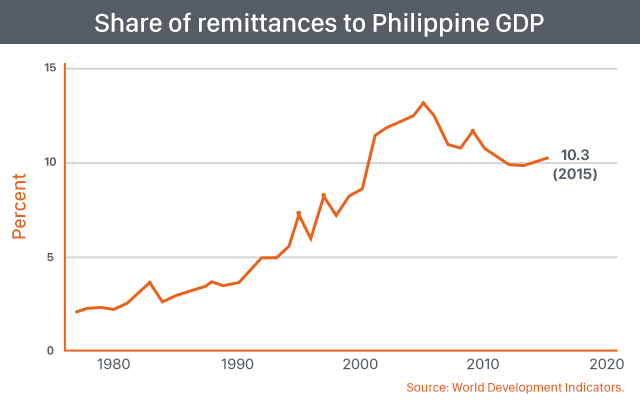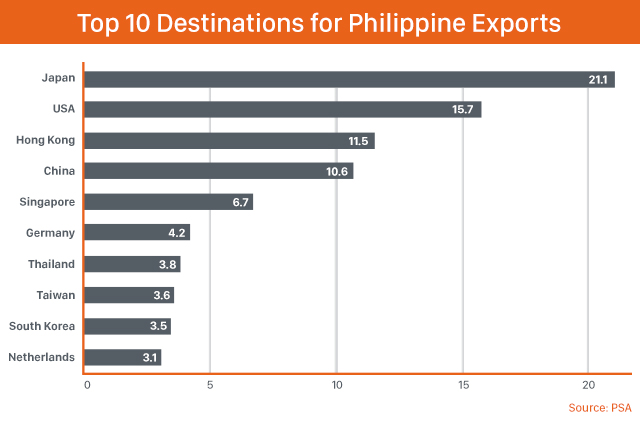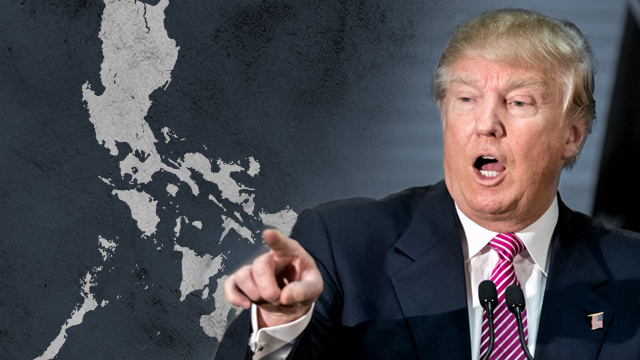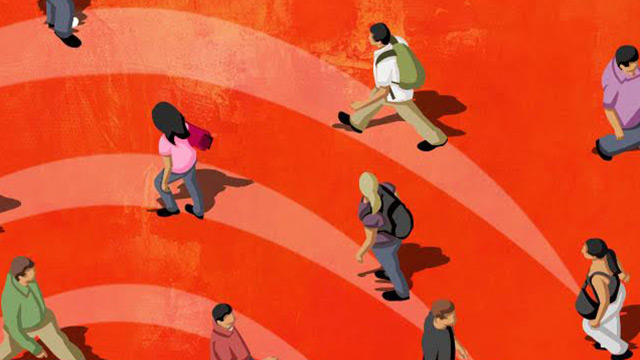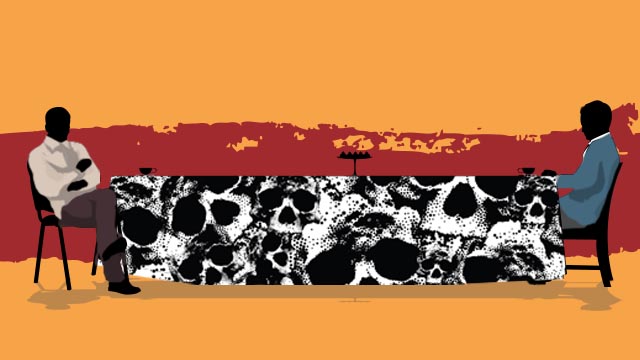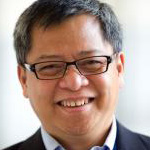
Part 1: Hillary versus Da Donald: New critical realignment?
The American "post-electoral order" has turned elections into a personal, not a party affair, shifted the fight for power from the voting booth to the halls of Congress, the congressional investigating committees, and the activist judiciary.
This new order took a turn for the worse when Newt Gingrich and his insurgent Republicans took over the House of Representatives. The journalist George Packer remembers how Gingrich did away with a long tradition of decorum in Congress by turning the debates into opportunities to smear opponents often without any foundation, turning institutional combat into a take-no-prisoners war.
Political differences were now based on personality types and fascist-like labeling. Former Speaker Tip O’Neil who disagreed with Ronald Reagan without destroying their friendship was now a traitorous "socialist" who cannot be trusted. Gingrich's attacks on Bill Clinton included an unbelievable move to shut down the federal government. This was an act that no other country could imagine doing (except Spain in the recent months).
The House Speaker and congressional Republicans impeached Clinton, not because of policy differences, but to evict the President for his sexual dalliances – all the while Gingrich was having an affair with his soon-to-be second wife, while his first wife was battling cancer.
The politics of slander found additional sustenance in the 24-hour cable network and talk radio. Politicians could now go over the heads of party bosses and address "the people" directly. In the Gingrich era, personal disparagement had displaced political analyses. Talk radio had now become a medium for calumny where the most outrageous of accusations are made against political leaders and previously despicable argot ("nigger" or "bitch") are introduced back to the political conversation.
The "debates" in networks like CNN and MSNBC have turned into occasions for protagonists to out-shout each other, using nasty sound bytes and repeating ad nauseum the "party line." Even acknowledged mistakes are spun into fake apologies to be followed by relentless counter-attacks.
The apathetic voter now shares the limelight with two other figures – the zealot and the independent voter. Packer writes about how poor whites (including members of the Ku Klux Klan) have rallied around Donald Trump to oppose "Crooked Hillary" and her Latino, women, and immigrant supporters. This rage is not new, it could be traced back to the post-Civil War era when Jim Crow laws ensured that African-Americans were still treated as inferior and un-American, and the Chinese Exclusion Act to prevent the integration of the "Yellow Hordes" from Asia and of late, a growing Latino population.
A record 42% of Americans identify themselves as "independents." This means their voting preferences are determined by single issues (pro-life vs abortion; free trade vs closing the American economy, pro-immigration vs the anti-immigrant) and not anymore by a party's platform.
Today's voter may write in a Republican as president, a Democrat as senator, an independent as congressman, a socialist for mayor, and a religious activist for the city council. This is a far cry from the days when voters put in the ballot all of their party's candidates. These independents are now the critical vote that can influence outcomes. No wonder a politician's propaganda and hand-shaking are directed at them.

Today the United States' "post-electoral order" has sunk deeper into the abyss. To personality-centered post-party politics, institutional combat, the politics of scandals and smears, were added to 3 dangerous weapons. The demonization of opponents ("Crooked Hillary"), the acceptance of the smut ("pussy" is now part of the debate) and the scam (Trump University), the normalization of the illicit (foreign money and the Clinton Foundation), and the consent to the illegal (Donald Trump, the mob, and Russia) are now regular rituals of American politics.
Powerful agencies like the FBI are now being used for partisan purposes, not only by politicians but by personnel themselves. The professional status of bodies like the military has likewise been severely tarred by officers using their distinguished careers to support candidates.
However, the most worrisome new feature is that of a segment of the American public believing a rigged national election and the ascension to power of an illegal president.
One reason why Americans consider themselves exceptional is their pride in elections as a way of expressing the popular will and initiating regime change. Forget the fact that the Founding Fathers introduced the Electoral College to contain, even deny, the riffraff’s choice, or that women suffrage was granted in 1920 (144 years since the founding of the Republic), and the majority of African-Americans was able to register as voters only in 1965 (189 years since the Independence).
The 2016 presidential (and legislative) elections can thus be described as another "critical realignment." It is, however, a sharp turn given that these may just signal the End of (American) History.
***
We Filipinos will notice a lot of familiar things in this grotesque mutation of this "post-electoral order," as its features do remind us of our own system: rigged elections, electoral smears ("Bayot!" or "Padak-anay na lang ta ug otin!"), cursing ("putang ina mo"), and extreme polarization (Dutertards vs Yellowtards). Even the state-sanctioned killings in both countries have these eerie similitudes in the sense that the targets are poor, weak, and powerless.
Roles have also been oddly reversed. It's not the case anymore of "tutelary" Americans teaching Filipinos a thing or two about their democratic politics. The positions have reversed: this time it is the Filipino trapo of the former colony who is showing his American counterpart how to win and retain power.
The former colonials have become the mentors of the colonizers. – Rappler.com
Patricio N. Abinales had American Politics as his first minor in graduate school.
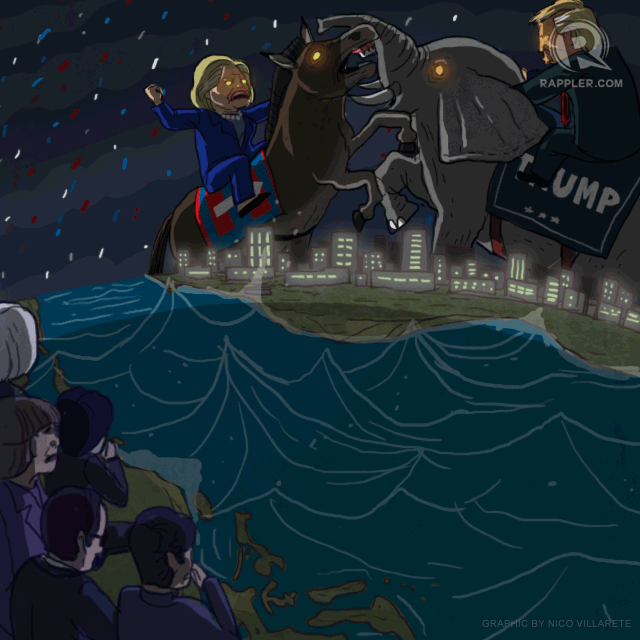
 In December 2015, 196 countries
In December 2015, 196 countries 
 He died in 1989. But he continues to haunt all of us.
He died in 1989. But he continues to haunt all of us. 
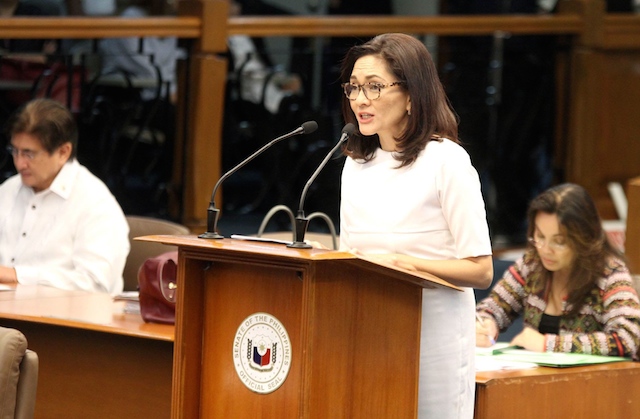


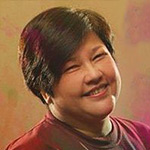

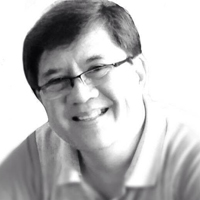



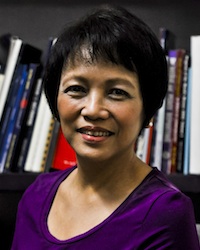



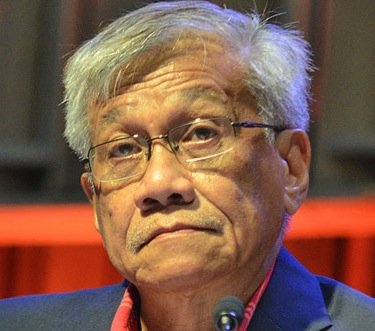


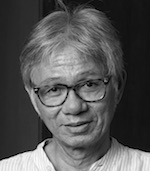 Donald Trump is a subject that has nagged the Filipino consciousness from the moment he stood for his Republican Party’s nomination; as president, he’s bound to do that even more.
Donald Trump is a subject that has nagged the Filipino consciousness from the moment he stood for his Republican Party’s nomination; as president, he’s bound to do that even more.
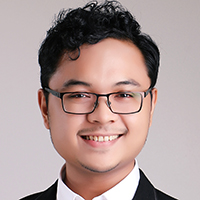 Donald Trump’s win has shocked the world, and the Philippines will inevitably feel the consequences one way or another.
Donald Trump’s win has shocked the world, and the Philippines will inevitably feel the consequences one way or another. 